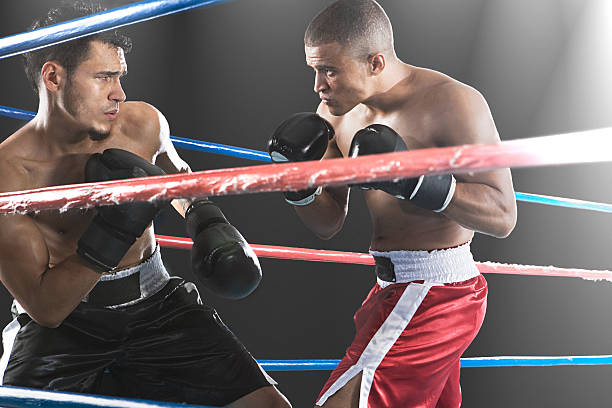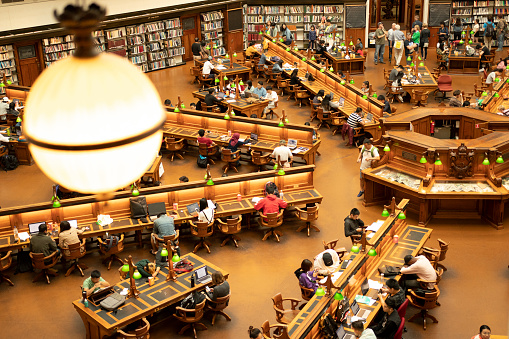Cheque cashing is a great way to get quick cash when you need it. Many different places will cash your cheques, but they all have different fees. It’s important to shop around and find the best deal before you commit to cashing your cheque.

But before all of that, you need to know first the basics of cheque cashing. Here are some questions you need to ask about cheque cashing.
1. What is the process for cashing a cheque?
The process for cashing a cheque generally involves presenting the cheque to the bank, along with identification and other required documentation. The bank will then verify the funds and complete the transaction.
2. How long does it take to cash a cheque?
The length of time it takes for the funds to become available also varies by the financial institution. However, it generally takes one to two business days for a cheque to be cashed.
3. What are the requirements for cashing a cheque?
The requirements for cashing a cheque generally include presenting valid identification and the original cheque. Some banks may also require additional documentation, such as proof of address or income.
4. How much does it cost to cash a cheque?
Most banks do not charge a fee for cashing a cheque. However, some banks may charge a service fee for cheques that are not drawn on the bank.
Fees associated with cheque cashing can vary depending on the financial institution. However, most institutions will charge a flat fee or a percentage of the total amount being cashed.
5. Are there any restrictions on who can cash a cheque?
There are generally no restrictions on who can cash a cheque. However, some banks may require that the individual cashing the cheque have an account with the bank to do so.
6. What happens if a cheque is not cashed within the specified period?
If a cheque is not cashed within the specified period, it will generally become void and cannot be cashed.
7. What are the consequences of bouncing a cheque?
The consequences of bouncing a cheque can vary depending on the situation. Generally, bounced cheques can result in fees from the bank, as well as penalties from the person or business who issued the cheque. In some cases, bounced cheques may also be subject to criminal charges.
8. Can I stop payment on a cheque after it has been cashed?
It is generally not possible to stop payment on a cheque after it has been cashed. However, if the cheque has not yet been deposited into an account, the individual may be able to cancel the transaction.
9. What is the maximum amount I can cash?
The maximum amount you can cash will depend on the financial institution you are using. Some may have a limit of $500, while others may have a limit of $1000.
10. Do I need to have an account with the financial institution to cash a cheque?
You typically do not need to have an account with the financial institution to cash a cheque. However, some institutions may require that you open an account to cash a cheque.
11. What type of identification do I need to provide to cash a cheque?
To cash a cheque, you will need to provide some form of identification. This could be a driver’s license, passport, or government-issued ID.
12. Can I cash a post-dated cheque?
You can typically cash a post-dated cheque as long as it is within the date range specified by the financial institution.
13. Will my bank allow me to cash a foreign currency cheque?
Most banks will allow you to cash a foreign currency cheque. However, they may charge a fee for doing so.
If you are from Hawthorn and you are interested in cheque cashing, kindly check this out.



